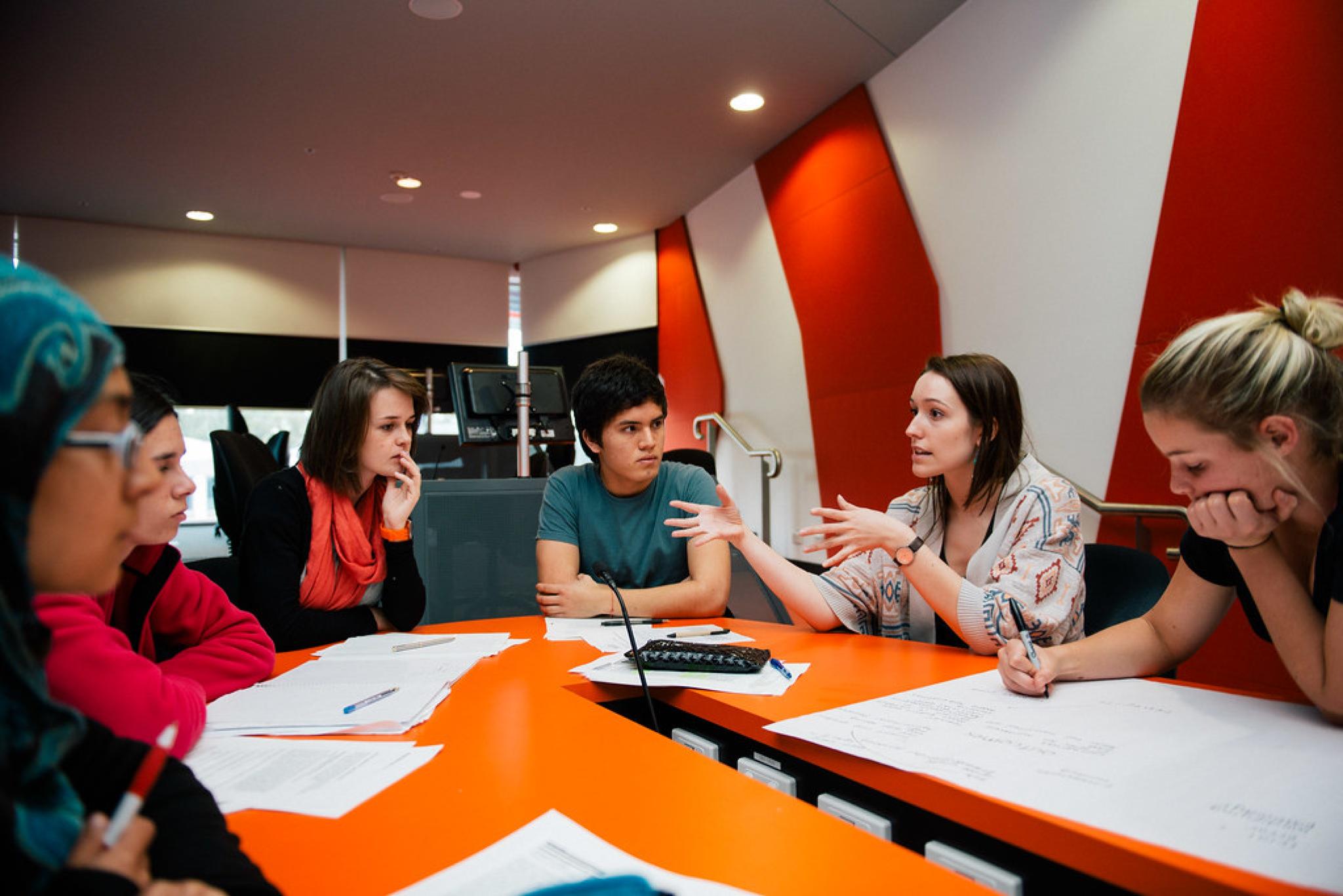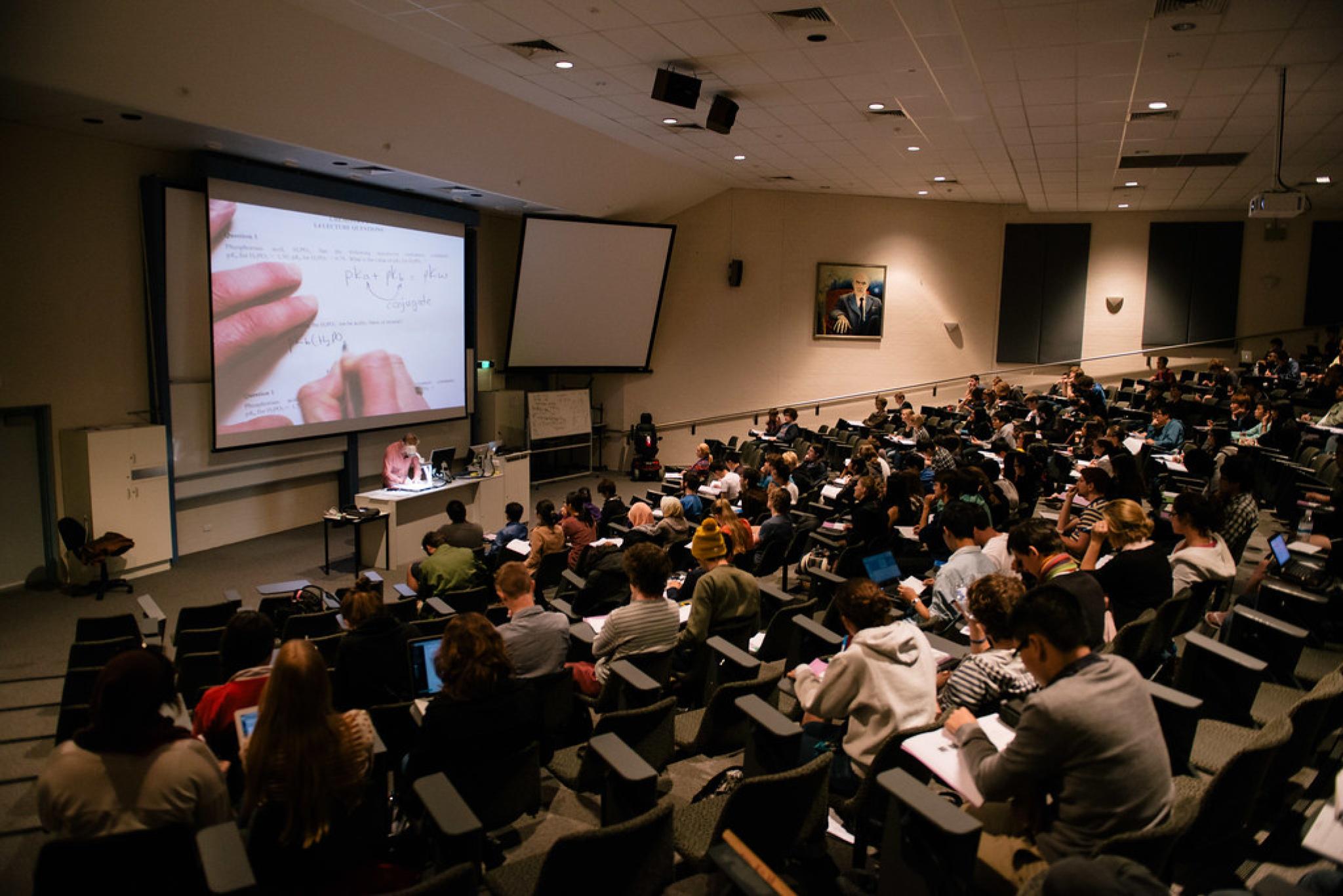An interdisciplinary outlook
Whether your background is in anthropology, criminology, development studies, history, international relations, law, political science, psychology, public health, sociology or another social science, this degree gives you the critical theory, research and communications skills you need to bridge different fields of knowledge. You will choose the disciplinary mix that works for you and we will support you with the necessary skills and training.







